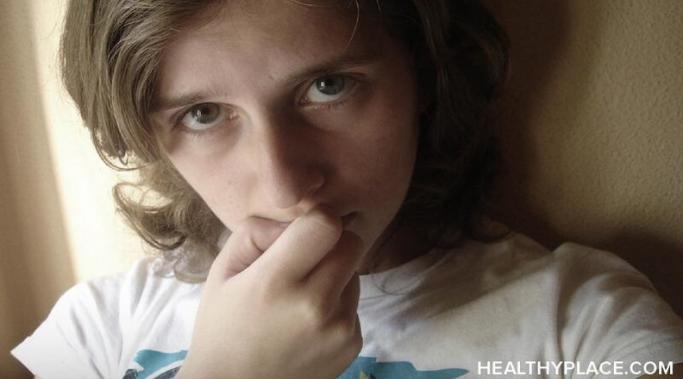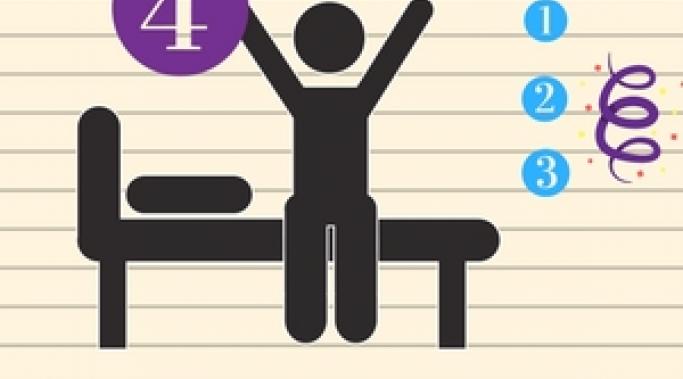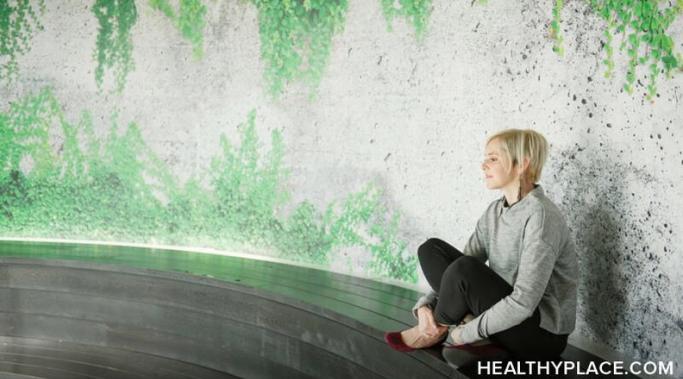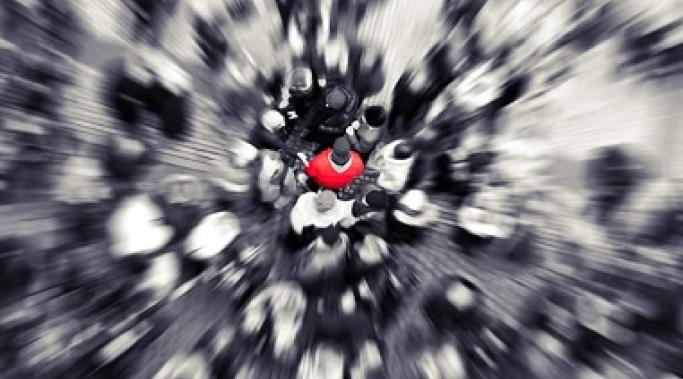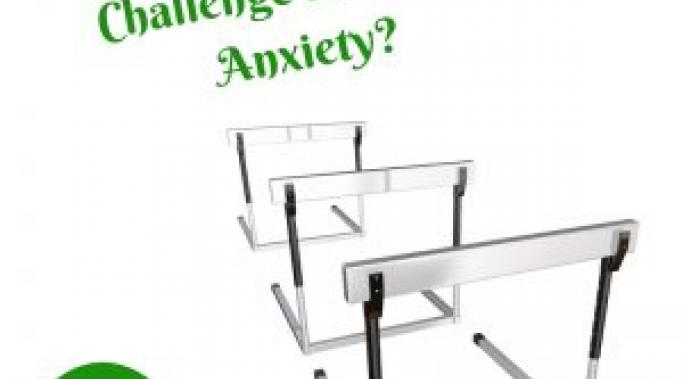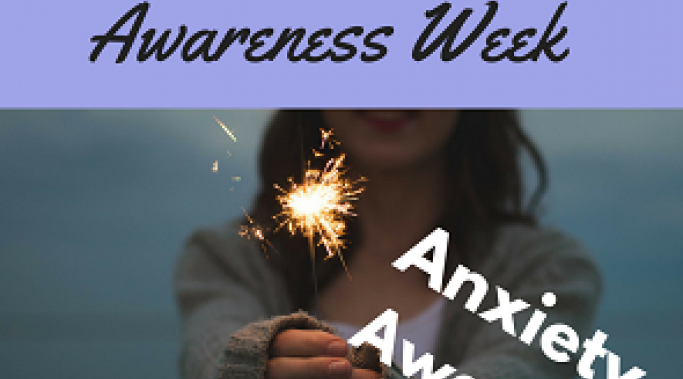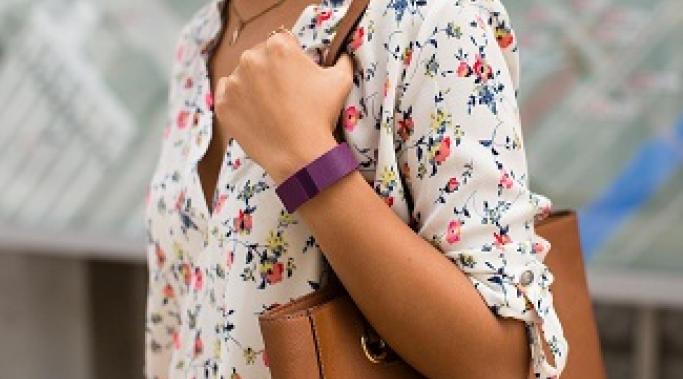To feel anxious but know intellectually that you shouldn’t really be experiencing anxiety is an incredibly frustrating experience. This frustration can increase both stress and anxiety as well as decrease self-efficacy, the belief in ourselves that we have what it takes to overcome challenges like anxiety and meet goals. To stop feeling anxious even when you know you shouldn’t is easier said than done—hence the irritation that comes when someone tells you to “just stop being anxious”. There is a way to bridge the gap between feeling anxious and knowing you shouldn’t.
Anxiety-Schmanxiety
If you find yourself anxious in many different situations, especially those that relate to your performance, behavior, or relationships with others, you might consider the possibility that you have unrealistically high standards for yourself. It’s not uncommon for people to hold themselves to high standards, and doing so can be motivating. Impossibly high standards, though, can make people anxious and interfere in their lives (How Not to Expect Too Much from Yourself). If your own high standards are making you anxious, there’s a way to reclaim your life.
The idea of a plan to get out of bed despite anxiety might, at first, seem like the stuff of fairy tales. Like depression, anxiety can make it difficult to get out of bed (Waking Up with Anxiety. Why Can't I Just Get Out of Bed?). Any type of anxiety disorder can be life-limiting, causing people to want to, need to, remain in bed unable to deal with both themselves and the world around them. Despite how it may sometimes feel, you don’t have to remain a prisoner to anxiety. Try this specific plan to get out of bed and get going despite anxiety.
Self-care is a vital tool in reducing anxiety in general, and self-care becomes even more important when we can’t avoid our anxiety triggers (Triggers Can Make Anxiety and PTSD Flare Up). Anxiety triggers are those things—people, places, situations, or experiences—that increase the physical and emotional symptoms of anxiety. Sometimes, avoiding triggers is helpful in managing anxiety; for example, if large groups of people make anxiety worse, it’s possible to manage that by meeting friends one-on-one rather than at a party. Other times, though, such a strategy isn’t possible. In times when you can’t avoid anxiety triggers, practicing self-care is incredibly helpful in dealing with anxiety.
Living with social anxiety and jumping to conclusions is like perpetually bouncing on a crowded trampoline: We must be watchful so we don't cause harm to others; we must avoid bumping into, and thus annoying, others; we know if we do it wrong we will surely ruin things for everyone; and we jump, jump to conclusions that we're being judged negatively. Social anxiety is exhausting (Social Phobia [Social Anxiety Disorder, SAD]). You don't have to remain stuck on the social anxiety trampoline, jumping to conclusions that you are somehow lesser than others. To stop jumping to conclusions and soothe social anxiety, to find some peace of mind, you must understand some of the effects of social anxiety.
The notion that it's possible to spot a person with anxiety is mortifying to the tens of millions of people living with anxiety disorders. With its physical side effects that can affect every system of the body and its strong emotional symptoms, many people experiencing anxiety have an added worry that their discomfort is evident to the world. Surprisingly, this guide for spotting a person with anxiety just might make anxiety sufferers feel a little bit better.
It can be a tremendous challenge to reduce anxiety. Don’t be mistaken (and outsiders shouldn’t be mistaken, either); it is not your fault that anxiety hangs on and on and on. It’s not because you’re weak. You’re not making it up, and it’s not in your head. You’re not blowing things out of proportion or making mountains out of mole hills. To be sure, anxiety does magnify problems and worries and fears, but that is anxiety’s doing rather than something you are choosing to do (Anxiety and Over-Thinking Everything). You are not your anxiety. You, then, have the power to challenge anxiety to a showdown. Try this ten-day challenge to reduce anxiety.
Anxiety awareness is important all the time, but during Mental Illness Awareness Week, a special spotlight shines on mental illness, including anxiety disorders. Such a spotlight brings light and warmth to anxiety, which is so often swept away into dark corners. Read on for information that can help increase awareness of anxiety and anxiety disorders and lessen some of the frustrations that come with a lack of understanding.
Fitness bands are designed to improve an individual's physical fitness, but can fitness bands help improve anxiety and general mental health as well? When I purchased a fitness band a while back, it was with the intention of boosting my physical health and fitness level. Little did I know, this fitness band lower my anxiety and improve my mental health (The Effects of Physical Health on Mental Illness).
